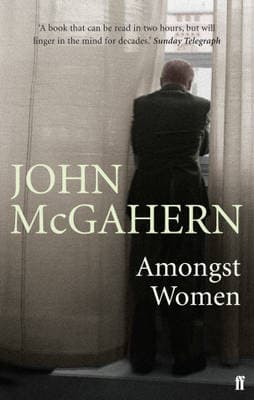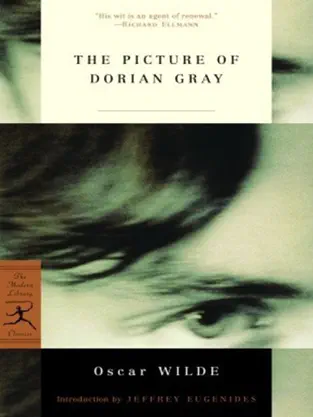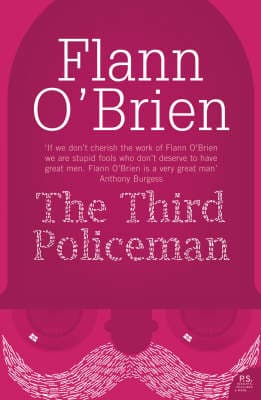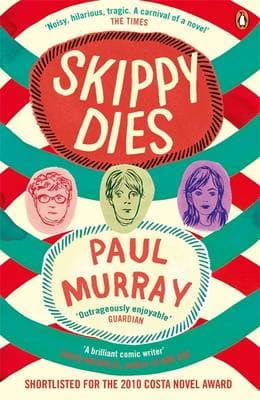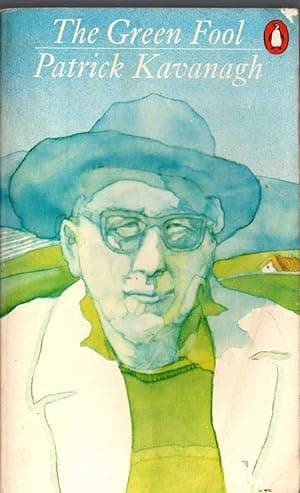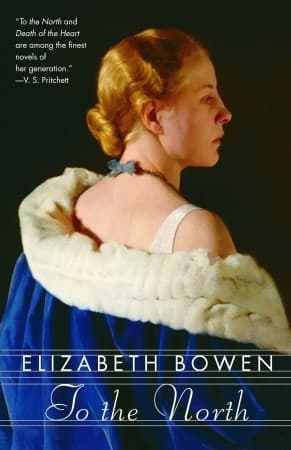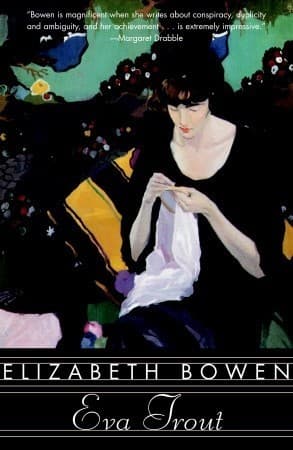Laynta participates in the Amazon Services LLC Associates Program, an affiliate advertising initiative that allows us to earn fees by linking to Amazon.com.
The Barracks
The Barracks is a poignant and introspective novel by renowned Irish author John McGahern, first published in 1963. Acclaimed for its thoughtful exploration of personal struggle and existential despair, the novel marks one of McGahern's earliest and most significant contributions to Irish literature.
Set in a small Irish village, The Barracks tells the story of Elizabeth Reegan, a former nurse who, after marrying into the local police force, finds herself living in the police barracks. Through Elizabeth's eyes, McGahern paints a deeply moving portrait of rural Irish life, marked by its quiet routines and underlying tensions.
The novel delves into themes of illness, marriage, and the mundanity of everyday life. Elizabeth, facing a terminal illness, grapples with her past choices and the realisation of unfulfilled dreams, offering a profound examination of human existence and the search for meaning. Her introspection and the depiction of her relationship with her husband, Garda Sergeant Reegan, highlight the complexities and often unspoken realities of marriage and domestic life.
McGahern's writing is notable for its lyrical quality, precision, and the ability to capture the nuances of emotion and place. The Barracks is a testament to his skill in portraying the intricacies of the human condition, especially in the context of the Irish experience.
This novel is not only a story about individual struggle but also a subtle commentary on the societal norms and cultural landscapes of Ireland in the mid-20th century. The Barracks remains a powerful and enduring work in McGahern's oeuvre, resonating with readers for its authenticity, emotional depth, and insightful exploration of life's quiet desperations.
Nothing could be decided here. She was just passing through. She had come to life out of mystery, and would return, it surrounded her life, it safely held it as by hands; she'd return into that which she could not know; she'd be consumed at last in whatever meaning her life had. here she had none, none but to be, which in acceptance must surely be to love. There'd be no searching for meaning, she must surely grow into meaning as she grew into love, there was that or nothing and she couldn't lose.

